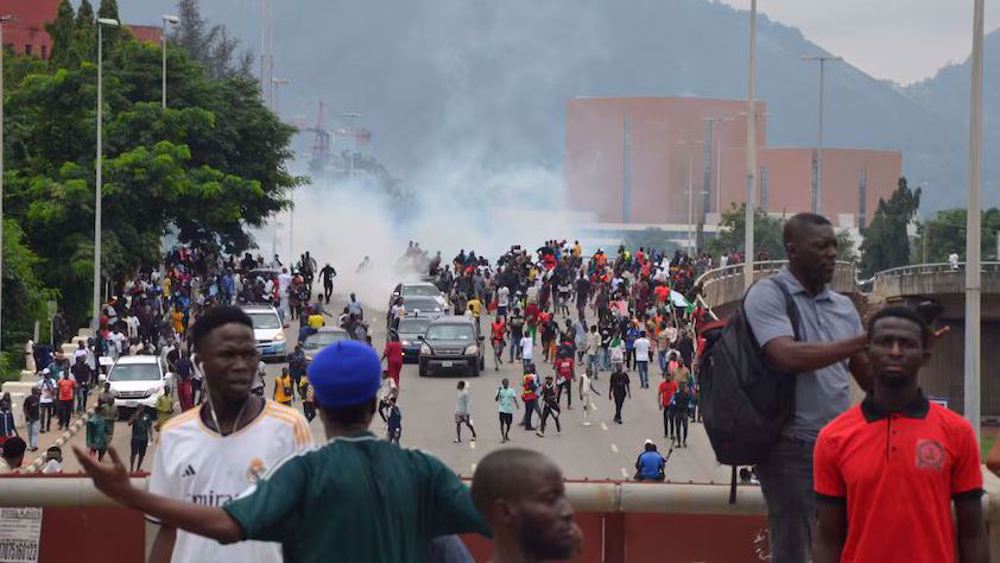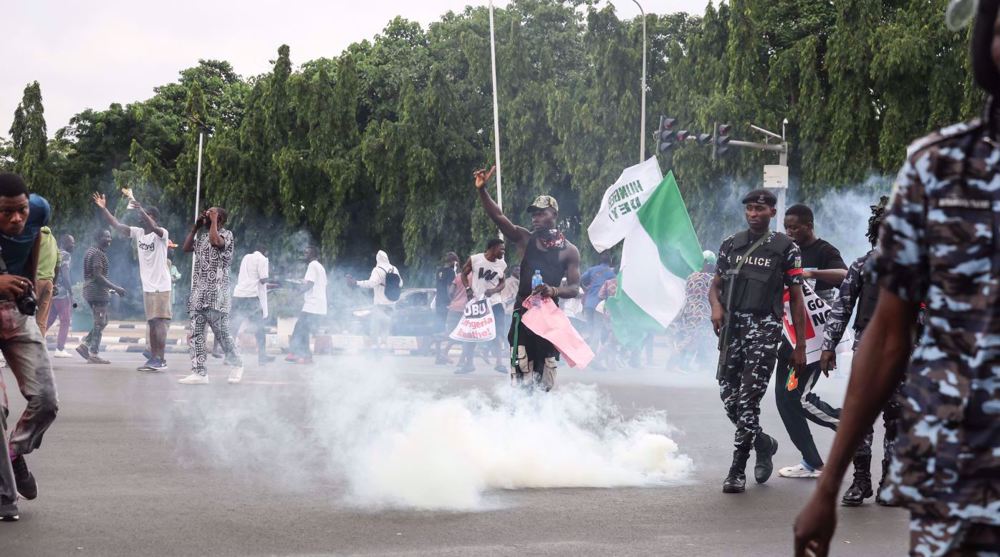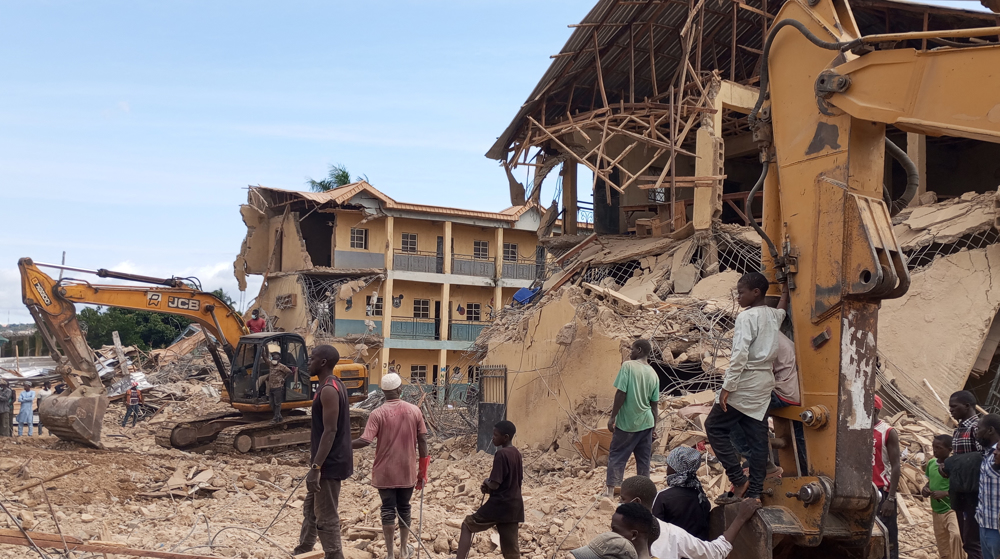UN concerned about rise in use of children as ‘human bombs’ in Nigeria
The United Nations (UN) has expressed “extreme” concern about the “appalling” rise in the use of children as “human bombs” by Nigeria’s Daesh-linked Boko Haram terrorist group.
Eighty three children, “most often under 15 years old,” have been “used as human bombs” in northern Nigeria since January 2017, the UN’s Children’s Fund (UNICEF) announced in a Tuesday statement, referring to such tactics as “an atrocity.”
Out of the 83 children, 55 had been girls, 27 boys and “one was a baby strapped to a girl,” UNICEF said.
It said that the children used in terrorist bombings “are, above all, victims, not perpetrators,” and the cruel manipulation of kids “has had a further impact of creating suspicion and fear of children who have been released, rescued or escaped from Boko Haram.”
Consequently, it added, “many children who have managed to get away from captivity face rejection when they try to reintegrate into their communities, compounding their suffering.”
“There is an extraordinary level of tension obviously in these communities and... people are afraid of children who have been victimized in this absolutely appalling way,” said UNICEF spokesperson Marixie Mercado.
“There are instances of children being ostracized by their communities and worse. Terrible things are happening to children after already horrific things have happened to them,” she added, without elaborating.
The UN agency further underlined that such atrocities were carried out “in the context of [a] massive displacement and malnutrition crisis – a combination that is also deadly for children.”

According to UNICEF, there are 1.7 million people displaced by the terror campaign in northeastern Nigeria, “85 per cent of them in Borno State, where most of these attacks take place.”
It also pointed out that the country’s northeast was among the four regions and countries facing the specter of famine, “with up to 450,000 children at risk of severe acute malnutrition this year.”
The Boko Haram terror campaign in Nigeria is in its eighth year and has so far killed more than 20,000 and forced the displacement of over two million people.
At least 170 people have been killed since June 1 this year, according to UN figures.
Iran warns of ‘calculated, precise’ response to Israeli aggression
After year-long genocide, Israeli military hires private firms to flatten buildings in Gaza
Malaysia working on resolution to expel Israel from United Nations
Israeli military made no territorial gain in Lebanon: Report
VIDEO | 70 Palestinians killed in Israeli strikes across Gaza Strip
US Election Day: First votes cast in New Hampshire
Nov. 4: ‘Axis of Resistance’ operations against Israeli occupation
Britons demand release of pro-Palestine activists













 This makes it easy to access the Press TV website
This makes it easy to access the Press TV website